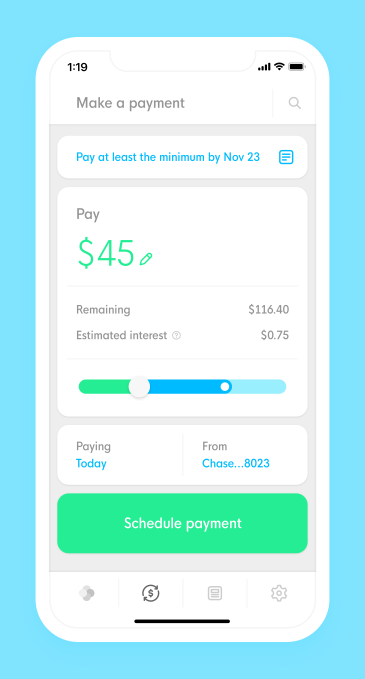//
Verbit, a transcription startup with offices in Tel Aviv and New York, today announced that it has raised a $23 million Series A round led by Viola Ventures. Vertex Ventures, HV Ventures, Oryzn Capital, Vintage Venture Partners and ClalTech also participated in this round. The company, which currently focuses on the legal and academic sector, uses both its custom machine learning models and freelancers to offer an accuracy guarantee of over 99 percent. In total, the company has now raised $34 million.
Tom Livne, Verbit’s CEO and co-founder, told me that he used to be a lawyer and saw how the quality and turnaround time of traditional transcription services could be improved with the help of machine learning. While this is a huge but very fragmented market, Livne argues there hasn’t been a lot of innovation here. “There is no innovation and technology in this market,” he said. “So we came up with this idea to build a technological transcription company.”
The company started out with the three founders, but today, Verbit has more than 70 employees and more than 100 customers. These include a number of law firms, but Livne also found that there is a big market for good transcription in academia, where accessibility laws often require these institutions to provide transcriptions of their classes and lectures. Coursera, Stanford and Harvard now use its service. Livne says Verbit now has millions of dollars in revenue, and by the end of the year he hopes to get to tens of millions of dollars.
Today, Verbit’s automated system — which the company customizes and retrains for all new customers based on their specific needs and contexts — gets to about 90 percent accuracy. Then, its army of freelancers sets to work on those automated transcripts to look for mistakes — and fixes them. All of those fixes then flow back into the model, which then (ideally) gets better over time.
Livne stressed that he believes that his company is not setting out to destroy jobs but that Verbit is creating thousands of new jobs for the freelancers that support its service. “We are not here to replace the human,” he said. “We are here to give them tools to make their job better and easier and we are actually reducing the barrier to entry to be a transcriber. Think about Verbit as an Uber for transcription.”
Recently, Verbit also launched a live transcription service for media firms that also uses a human-in-the-loop process to offer transcriptions with a delay of only a few seconds. It’s no surprise, then, that the company plans to add new verticals to its lineup as well, though it’s still considering its options. Livne noted that the company is looking at insurance and financial firms, as well as media and medical use cases. “But right now, we have very high demand from academia and law, so we need to support it on a larger scale,” he said. The company is also looking at adding support for other languages.
That’s where the new funding comes in. Verbit plans to hire aggressively, especially in its New York office, with a focus on sales, marketing and customer success.
from Startups – TechCrunch https://tcrn.ch/2HD073M




